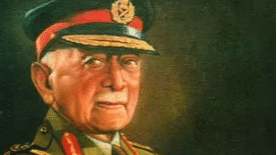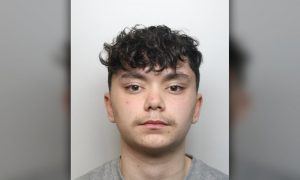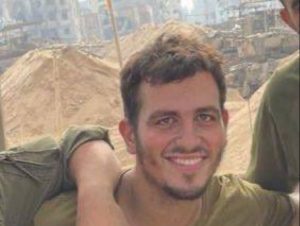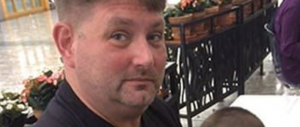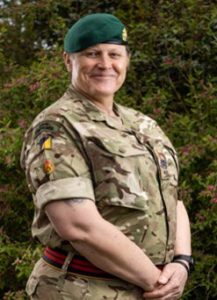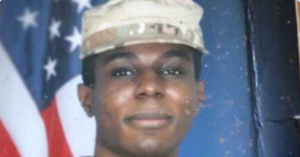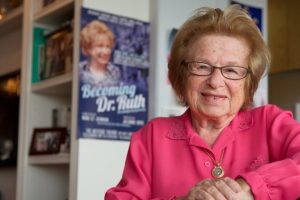Pakistan’s High Commissioner’s phone in New Delhi rang one autumn morning in 1965. It was General Ayub Khan of Pakistan on the other side. The military leader had called to offer the release of KC Cariappa, an Air Officer captured by the Pakistani army on September 22. Khan revealed that during interrogation he had realised that the captured officer was the son of retired general KM Cariappa and out of revere for Independent India’s first Commander-in-Chief of Army, he could not hold Cariappa junior. He further ordered Pakistan’s High Commissioner in New Delhi to personally meet the retired general and brief him about his son’s health.
However, General KM Cariappa outrightly declined this offer. He told Khan that ‘all the captured Indian soldiers were his sons, and all of them should be looked after’.
Years after his release, KC Cariappa revealed to the Print, “My dad was a man of high principles. For him, his son and all other soldiers were the same. Even though Ayub Khan was his junior and was close to him, he refused to get me released before the others. I was later released with all others.”
Field Marshal Sir Kodandera ‘Kipper’ Madappa Cariappa aka KM Cariappa held honours of being a man known for many firsts – the one who took charge of the Indian Army from its last British Commander in Chief, General Sir Roy Bucher in 1949, first Indian to go to the UK for a training course at the Imperial Defence College and the first to be conferred with ‘Order of the Chief Commander of the Legion of Merit’ by US President Harry Truman.
His career of over 40 years started with a simple desire – to serve his nation. Coming from Coorg and having completed his education in Madras, like the popular opinion, KM Cariappa was inclined towards joining the army in his youth. He first served under the British, as one of the few selected for the first batch of KCIOs (King’s Commissioned Indian Officers) at the Daly Cadet College in Indore.
He was in active service with the 37 (Prince of Wales) Dogra in Mesopotamia (present-day Iraq) and then posted to the 2nd Rajput Light Infantry (Queen Victoria’s Own). Cariappa went on to become the first Indian officer to undergo the course at Staff College, Quetta in 1933. In 1946, he got promoted as the Brigadier of the Frontier Brigade Group.
By Indian independence, Cariappa saw action in Iraq, Syria, Iran and Burma and became the first Indian Officer to be given command of a unit in 1942. He went on to receive many awards and accolades in his career spanning three decades. He received the prestigious order of the British Empire (OBE) for his role in the Burma against the Japanese during the Second World War.
In 1947, Cariappa became the first Indian to be selected to undergo a training course at Imperial Defence College, Camberly, UK. His role during the Partition is rarely mentioned, during which he oversaw the division of the Army. Cariappa also led the Indian forces on the Western Front during the Indo-Pak War of 1947 and successfully recaptured Zojila, Drass and Kargil and established a linkup with Leh.
On January 15, 1949, Cariappa became the first Commander-in-Chief of the Indian Army. He held the five-star rank of field marshal, the highest honour in the Indian Army, which Sam Manekshaw is the only other officer to have held. He was also awarded the ‘Order of the Chief Commander of the Legion of Merit’ by US President, Harry Truman
Even after his retirement from the Army in 1953, Cariappa was not finished yet and served as the High Commissioner to Australia and New Zealand till 1956. He died in Bengaluru in 1993 at the age of 94.
From strongly suggesting a strong military rule in India, to running in the 1971 Lok Sabha Elections from Bombay, Cariappa had his definite say in politics, too. He criticised the governance, wrote for newspapers and once also dodged impeachment. However, while signing off from the army, KM Cariappa in 1953 told the soldiers that the Army’s job was not to meddle in politics but to give unstinted loyalty to the elected government.
There have been long debates ever since, with army generals, political parties and a chunk of popular media asking the government to honour KM Cariappa with a Bharat Ratna, for it is his birth anniversary that is celebrated at the Army Day every year.
- Cariappa became the first Indian to undergo a training course at Imperial Defence College
- KM Cariappa ran for the Lok Sabha Elections in 1971 from Bombay as an independent candidate
- He died in Bengaluru in 1993 at the age of 94.

